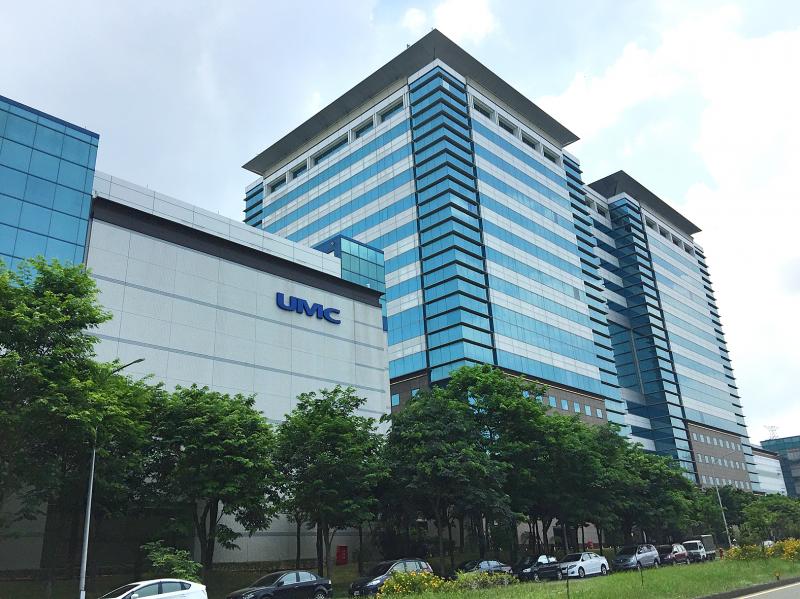The US won arrest warrants for three Taiwanese men — a former president of China-based Fujian Jinhua Integrated Circuit Co (福建晉華) and two engineers — charged with stealing secrets from Idaho-based Micron Technology Inc.
The effort to apprehend the three men — former Fujian Jinhua president Stephen Chen (陳正坤), and Ho Chien-ting (何建廷) and Wang Yong-ming (王永銘), who work for Taiwan-based United Microelectronics Corp (UMC, 聯電) — is notable because they were charged in 2018 in the first case filed under the “China initiative” of US President Donald Trump’s administration targeting trade-secret theft, hacking and economic espionage.
However, legal experts have said there is little motivation for the three to appear in a US court, although they said that Taipei and Washington might reach an agreement to extradite them from Taiwan.
A federal magistrate judge in San Francisco issued the warrants on Wednesday after the three men failed to show up for their arraignments.
While the prosecution of Fujian Jinhua, a Chinese state-owned chipmaker, has hobbled China’s aspirations of mass producing memory chips, the case has crawled along, even as the US Department of Justice said that the “China initiative” would prioritize rapid action.
The arraignments of the engineers were repeatedly postponed by agreement between the US and their lawyers.
However, on Wednesday, in a three-minute hearing, a US prosecutor requested the warrants, telling the judge that she knew the defendants would not show up after talking to their lawyers on Monday.
“Their clients are not here for different reasons,” Assistant US Attorney Laura Vartain Horn told the judge, without offering details. “The appropriate thing to do, and what the government requests, is a warrant for each of the individual defendants.”
UMC and Fujian Jinhua have pleaded not guilty.
UMC said it cannot comment on the arrest warrants on its employees.
After the justice department billed the matter as a banner prosecution under a special initiative, there might be “political pressure to do something about this case and chalk up a win,” said Calvin Lee, a criminal defense lawyer.
Beyond appearances, the US also has a responsibility to pursue the accused engineers, said Preston Pugh, a former prosecutor who works with Lee.
Even if there is no way for prosecutors to realistically get the men into a US court, “they can’t lay down and not do anything about it,” Pugh said.
The justice department might also ask Taiwan to extradite the men “in return for the US doing if not the same, some other gesture,” Pugh said.
“This is not an off-the-shelf agreement, and not one that happens often, but it has happened,” he said.
Taiwan does not have an extradition treaty with the US.
Ho and Wang, who previously worked for Micron before moving to UMC, and a third UMC staffer, Rong Le-tien (戎樂天), on June 12 were found guilty by the Taichung District Court of breaches of the Trade Secrets Act (營業秘密法) by leaking sensitive information to Hsinchu-based UMC after leaving Micron.
UMC was developing DRAM chip manufacturing technologies in collaboration with Fujian Jinhua through a Chinese subsidiary. The project was terminated in 2017 after they were sentenced to prison terms of four-and-a-half to six-and-a-half years, and fined between NT$4 million and NT$6 million (US$134,953 and US$202,429).
The Taichung court also fined UMC NT$100 million.
Additional reporting by Lisa Wang
Source: Taipei Times - 2020/06/27





















